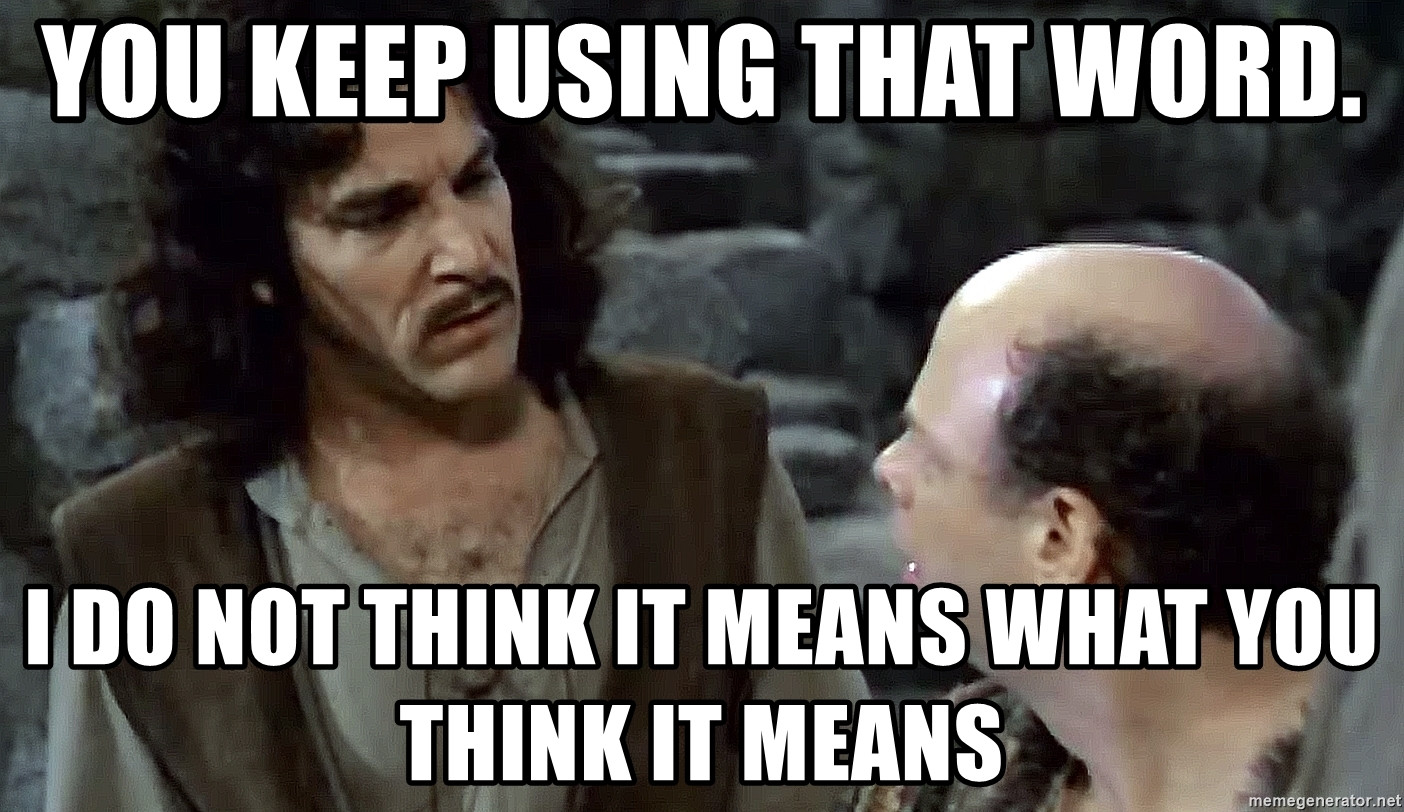The list from House of Representatives Practice quoted in Dale M's answer is limited to "matters directly affecting the Parliament and its proceedings," and omits some historically significant cases, summarised below, in which the High Court found that a federal law was invalid.
Huddart Parker, a Victorian company, had been convicted of failing to comply with an order of Moorehead, a Customs officer, to answer questions about suspected offences against sections 5 and 8 of the Australian Industries Preservation Act 1906, which sought to prohibit unfair competition and monopoly by foreign, trading and financial corporations.
Applying the now-defunct reserve powers doctrine, the Court found that the sections were invalid, because section 51(xx) of the Constitution does not empower the Commonwealth "to control the operations of a corporation which lawfully enters upon a field of operation, the control of which is exclusively reserved to the States."
Huddart Parker's conviction was set aside. The Hughes government proposed the 1911 referendum to amend the Constitution to overcome this decision, which was unsuccessful. However, the High Court overturned its own decision and expanded the reach of section 51(xx) in Strickland v Rocla Concrete Pipes Ltd (1971) 124 CLR 468.
The Chifley government passed the Pharmaceutical Benefits Act 1944, which was criticised by Dale and other medical doctors as an unconstitutional plan to nationalise healthcare. The High Court found that the Act was not authorised by the appropriation power in section 81, or the incidental power in s 51(xxxix), of the Constitution, and was therefore invalid.
In response to this decision, the successful 1946 referendum resulted in the insertion of section 51(xxiiiA) of the Constitution, which allows Parliament to legislate with respect to:
The provision of maternity allowances, widows' pensions, child endowment, unemployment, pharmaceutical, sickness and hospital benefits, medical and dental services (but not so as to authorize any form of civil conscription), benefits to students and family allowances
The Chifley government also passed the Banking Act 1945, which sought to nationalise the banking system by prohibiting (in this case) the National Bank of Australasia from acting as the bankers of the City of Melbourne. The High Court found that this legislation was not authorised by section 51(xiii) of the Constitution, which does not authorise legislation directed to the control or hindrance of the States in the execution of their governmental functions.
The Chifley government responded to the State Banking Case by passing the Banking Act 1947, which sought to nationalise private banks by providing for their shares, assets and liabilities to be transferred to the Commonwealth Bank. The High Court found that these laws provided for the acquisition of property other than on just terms, and were therefore inconsistent with section 51(xxxi) of the Constitution.
The Commonwealth unsuccessfully appealed the High Court's decision to the Privy Council in Commonwealth v Bank of New South Wales (1949) 79 CLR 497. The Menzies government was elected in 1949, ending the bank nationalisation policy.
The Menzies government implemented an election promise by passing the Communist Party Dissolution Act 1950. The validity of the Act was immediately challenged by the Communist Party and various trade unions. After a hearing over 24 sitting days, the High Court found that the Act was invalid.
The Commonwealth argued that the law was supported by the defence power in section 51(xxxix) of the Constitution. While the High Court accepted that the Constitution authorised laws protecting the Commonwealth from sedition and subversion, the Act did not prescribe any rule of conduct or prohibit specific acts or omissions. Instead, the law applied directly to the Communist Party and related individuals. It was significant that unlike previous cases concerning extraordinary uses of the defence power, the Act was passed during peacetime.
